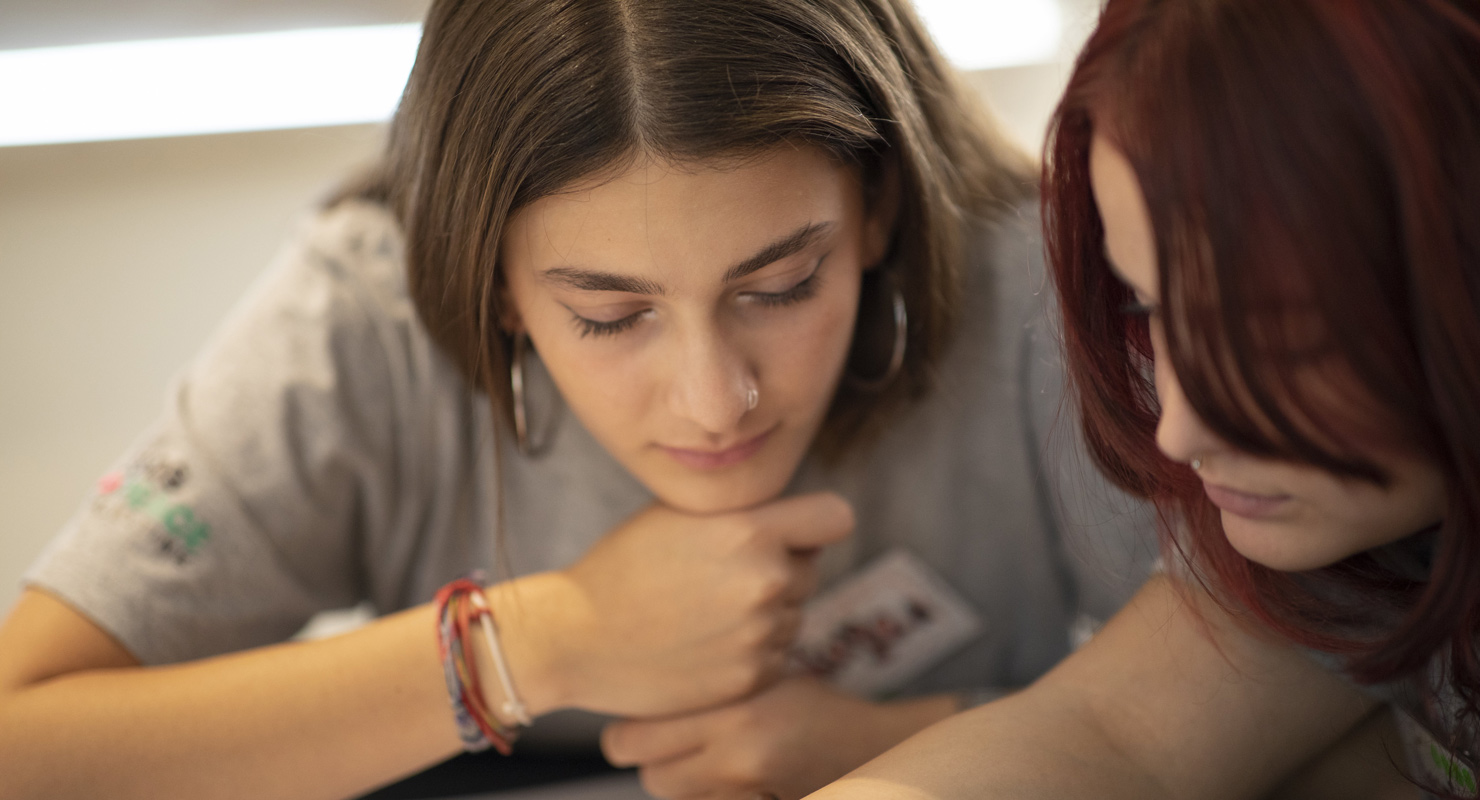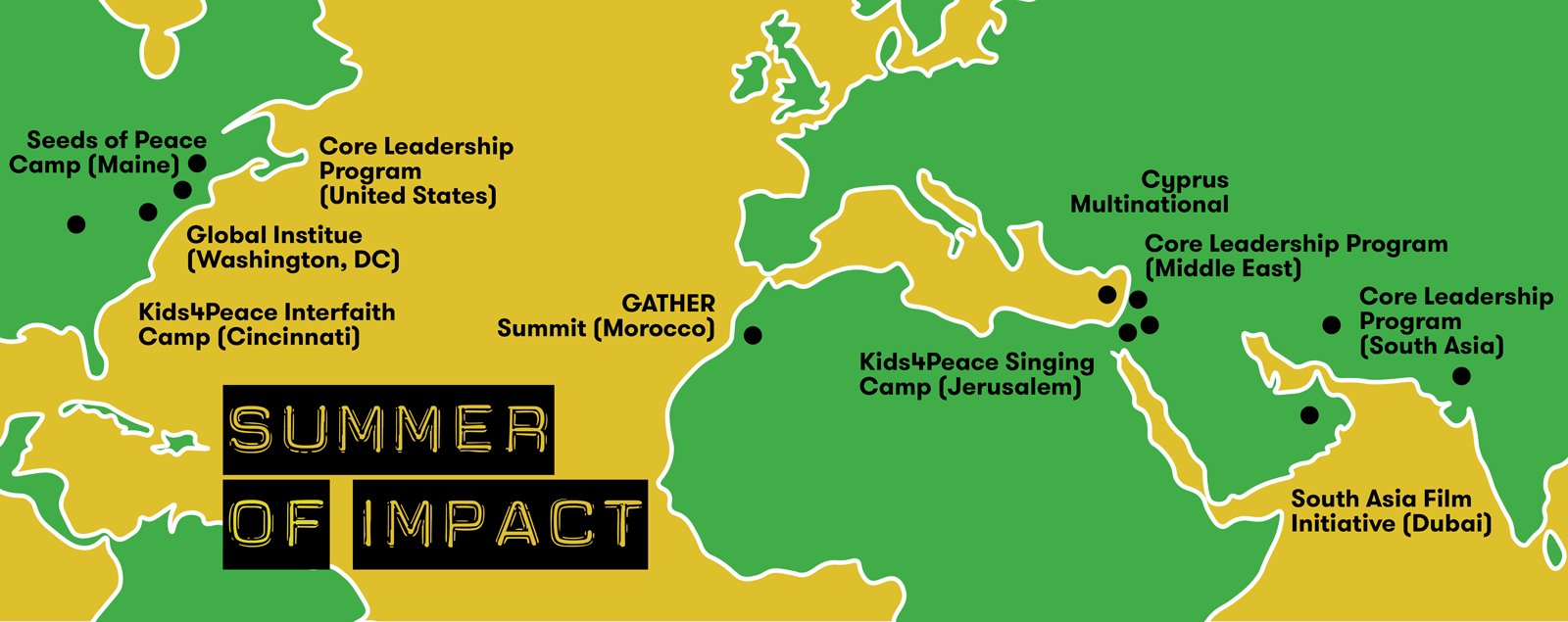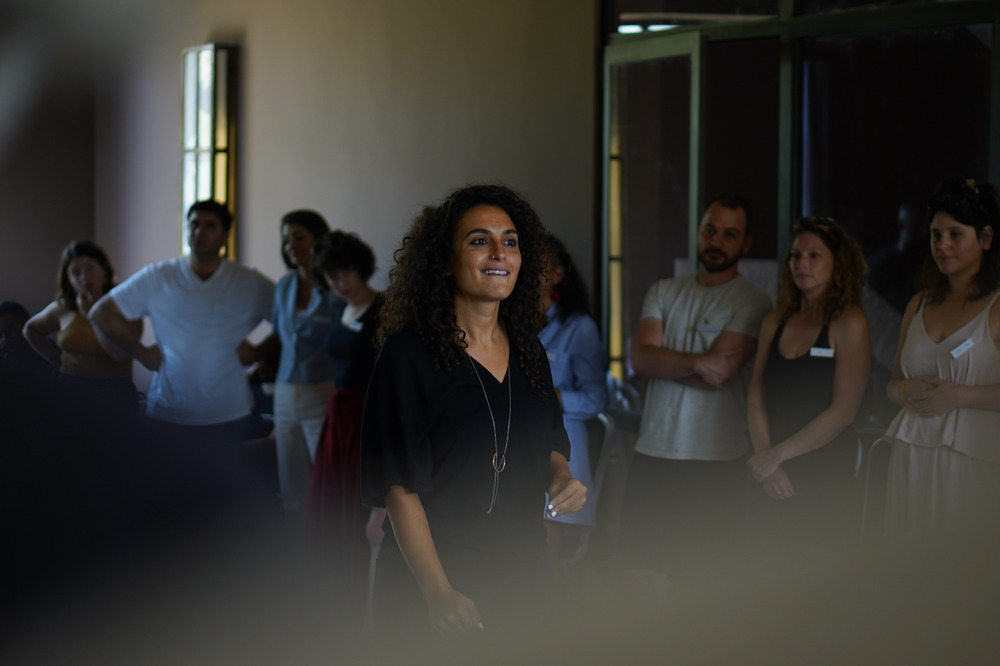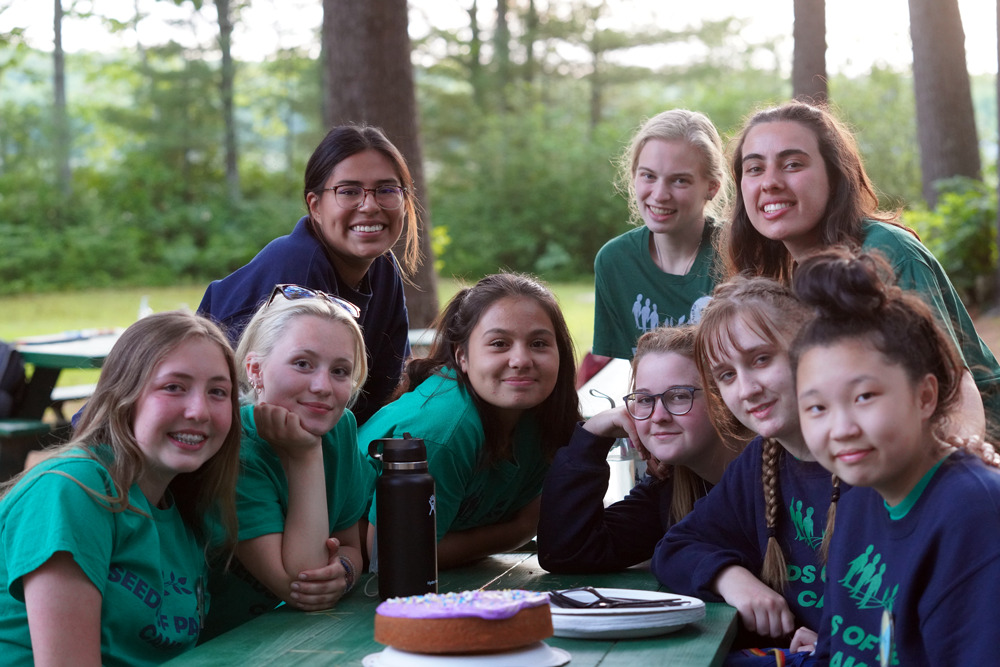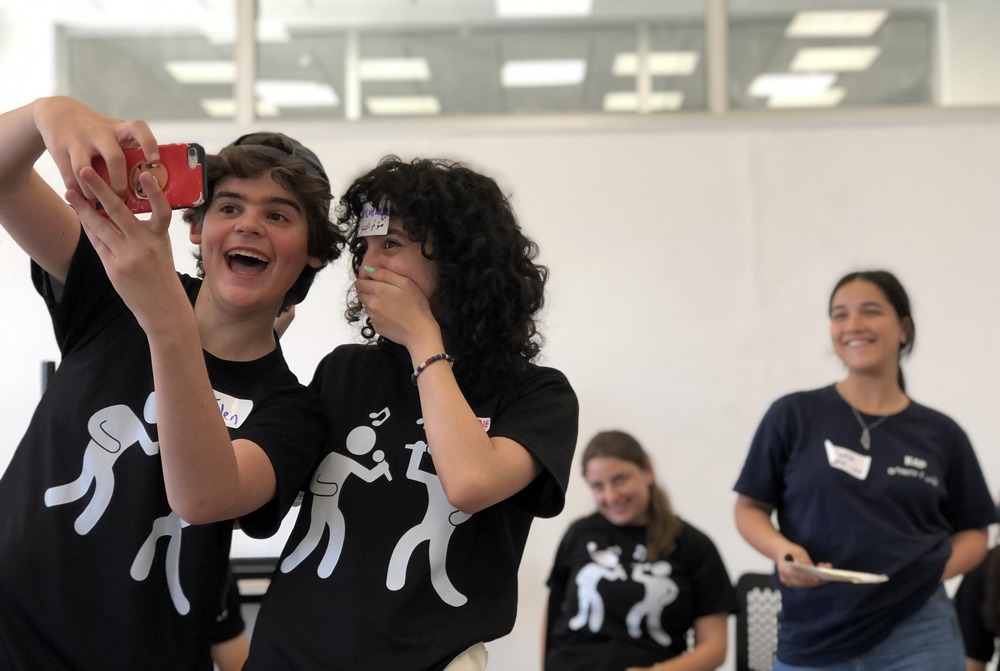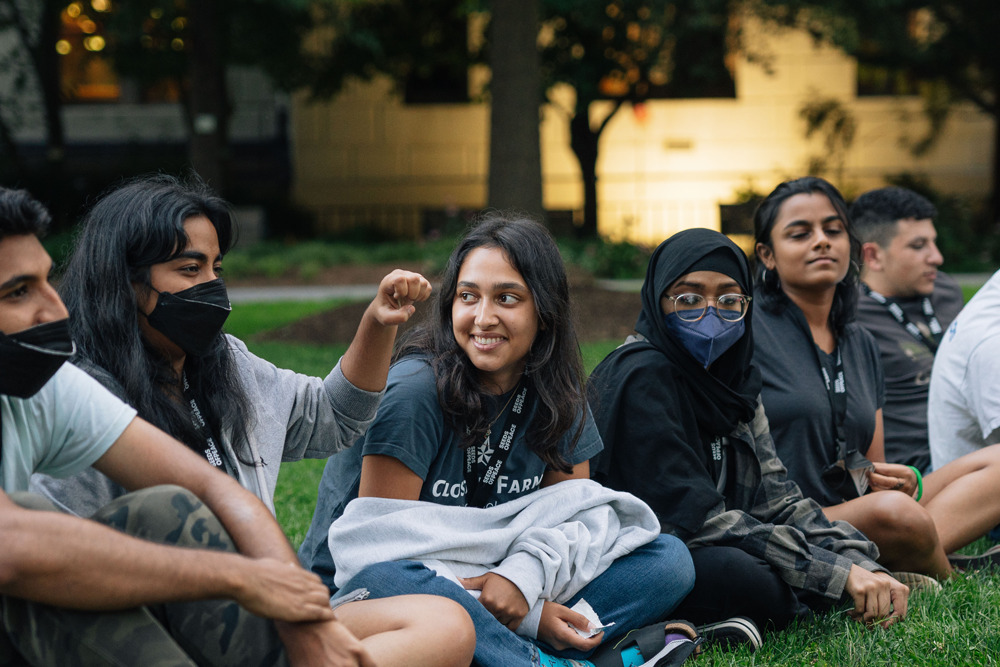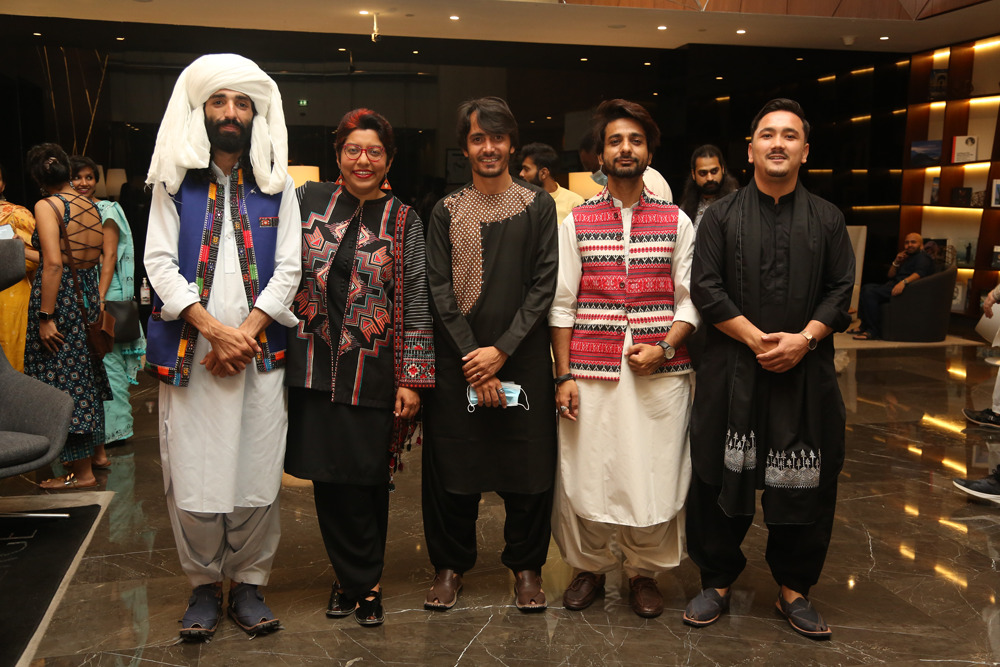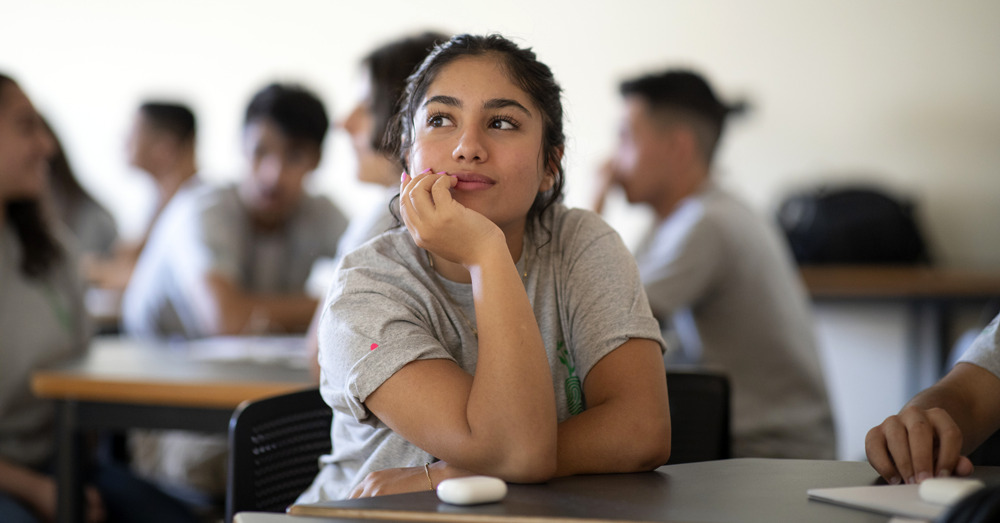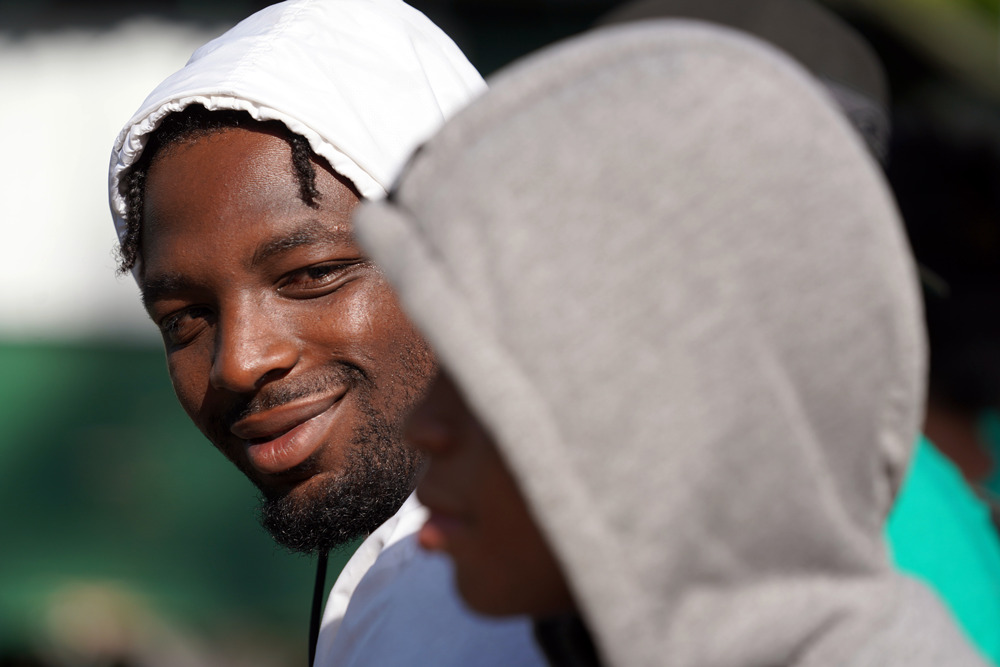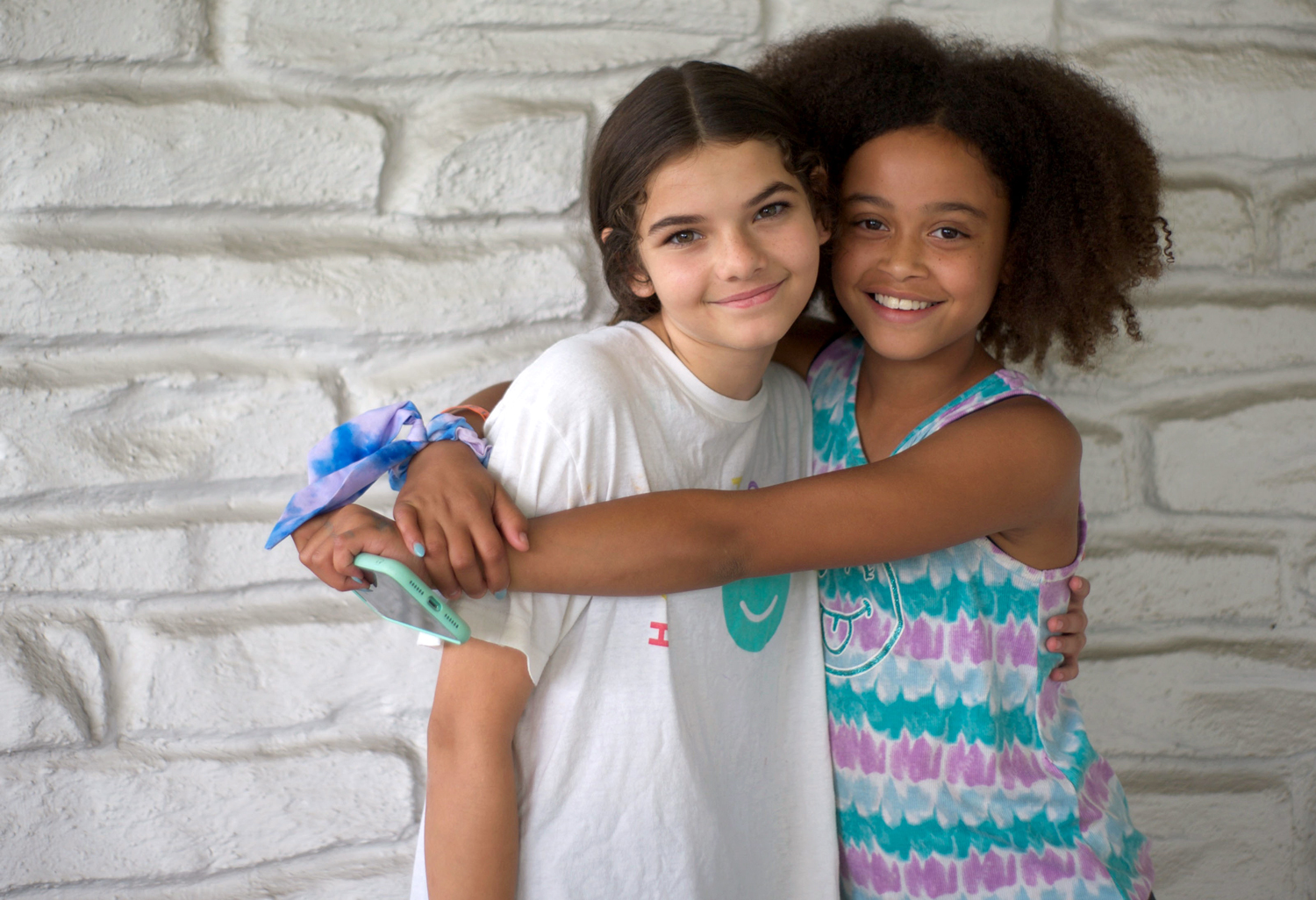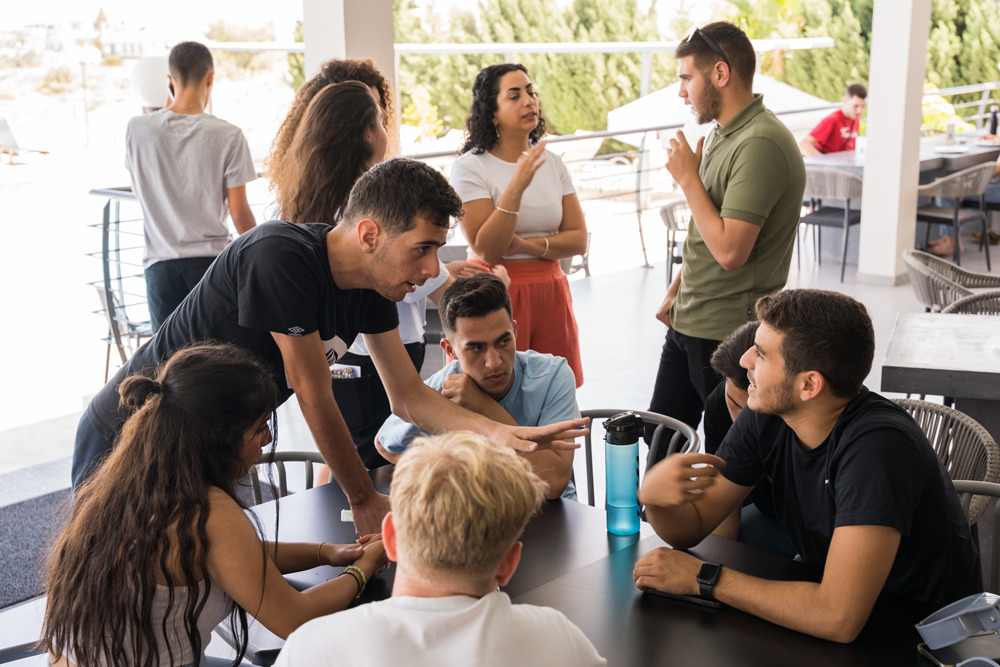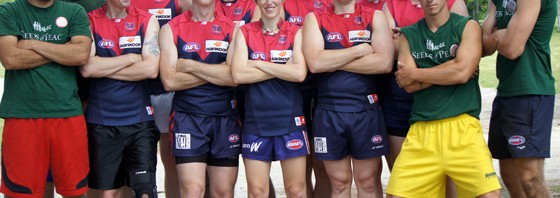OTISFIELD, MAINE | Israeli, Palestinian, Jordanian, Egyptian, Indian, Pakistani, Afghan and American youth will once again meet as Seeds of Peace opens its 14th season with a unifying flagraising ceremony at 8:30 a.m. on Wednesday, June 28, at the Seeds of Peace Camp in Otisfield, Maine. Over 150 campers along with their adult Delegation Leaders will be attending the first session which will include refugee and non-refugee Palestinians from Gaza and the West Bank. Additionally, for the first time, many of the Camp’s trained facilitators will be Seeds alumni who graduated from a professional mediation and conflict management course run through the Seeds of Peace Center for Coexistence in Jerusalem.
Despite the Israeli and Palestinian governments refusal to engage with one another, Seeds of Peace has once again proven its program’s strength and capabilities in bridging borders by having Israeli and Palestinian delegations. The organization has successfully accomplished this feat throughout the Intifada and the deterioration of Israeli-Palestinian peace talks.
During the opening ceremony, each delegation will sing their national anthem and the ceremony will conclude with the Seeds anthem and raising of the Seeds of Peace flag. Seeds of Peace President, Janet Wallach and Camp Director, Timothy Wilson, will speak at the opening ceremony as will returning “Peer Support” campers. Newly-appointed Chief Operating Officer for Seeds of Peace, Steven M. Flanders, will also be on hand to witness the ceremony.
This first Camp session runs from June 26 to July 18, 2006. A second session of the Camp with delegates from the Middle East and the Maine Seeds Program will run from July 24 to August 15, 2006. Both sessions will include trips to Washington D.C. for “Peer Support” Seeds to meet with political leaders on Capitol Hill.
Special events this summer include the annual “Play for Peace” basketball clinic with players from the NBA and WNBA. This year’s basketball clinic will be held Monday, July 31. Players’ names have not yet been announced.
This season also will mark the opening of a brand-new multi-purpose sports facility “field house” that was constructed to help alleviate scheduling limitations that result due to bad weather or flooding. The field house was made possible through the generosity of Ross Perot, Jr., Liener Temerlin, and the Peter Sharp Foundation and an official grand opening ceremony is planned for the Camp’s second session.
Since 1993, Seeds of Peace has graduated over 3,000 teenagers from four conflict regions from its internationally recognized leadership program. Through its Camp in Maine, its Center for Coexistence in Jerusalem, international youth conferences, regional workshops, educational and professional opportunities, and adult educator programs, participants develop empathy, respect, and confidence as well as leadership, communication and negotiation skills all critical components that will ensure peaceful coexistence for the next generation.
The Seeds of Peace Camp is located at 183 Powhatan Road in Otisfield, Maine. For press opportunities, call Rebecca Hankin, Director of Communications or Nassim Majidi.


